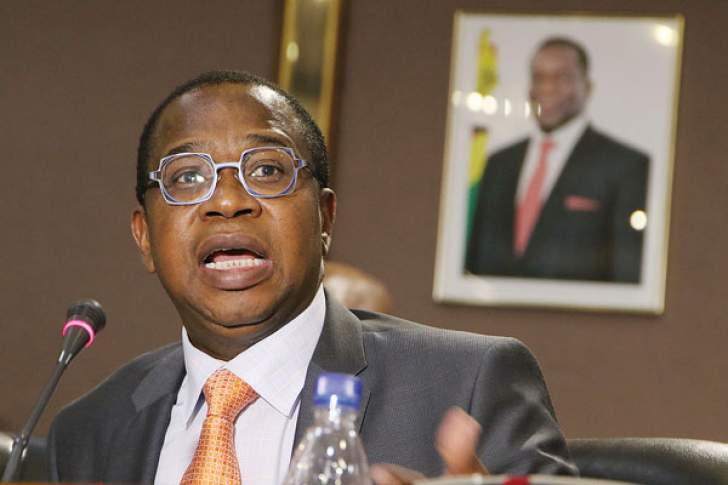LEADING hospitality group, African Sun Limited (ASL) has blamed the current price havoc on the Finance Ministry’s unpopular policy pronouncements made last October with local businesses now scrambling every day to hike charges to match the value of the US dollar.
In the group’s financial statement for the period ending December 31 2018 released Sunday, ASL described the October 2018 announcement which gave the directive to separate the Local RTGS Foreign Currency Accounts (FCA) from the US$ FCA accounts as one of the factors which destabilised businesses’ pricing regime.
“This further confirmed the substance that already existed that the RTGS was not at par to the US$ and the consequence of this announcement was a rampant parallel exchange rate between the two mediums going as high as four times,” the statement said.

ASL blamed the policy statement for having triggered the fresh demand of foreign currency by most traders in the country highlighting that in the end, they were also left with no choice except to adjust their prices in line with market disparities.
The hotel group said the policy shift in the economic fundamentals during the last quarter of 2018 saw retailers start charging goods and services based on the multi-tier pricing system.
“The majority of the transactions in the economy were largely conducted in local electronic money and Bond Notes at the implied parallel market rates and to protect profit margins, the group continued to price its goods and services in foreign currency for its foreign guests and increased prices when charging in RTGS/Bond notes to match the average increase in prices of local inputs,” said the group.
The position by ASL comes at a time local business is saddled with pricing issues as shops continue to peg prices in line with parallel market exchange rates after yet another failure by RBZ’s Interbank Exchange market which came into force through the February 2019 policy announcement by the central bank.
The market’s objective is to source and dispose foreign currency by exchanging it with the RTGS$ on a willing seller willing buyer basis and the anticipation was that by now, foreign currency will be available for companies intending to import.
However, business member organisations like the Confederation of Zimbabwe Industries have since revealed that no foreign currency has been accessed through the market, thereby forcing companies to resort to the parallel market where premiums are much higher and resultantly, such extra costs have been passed down to consumers through increased pricing.






